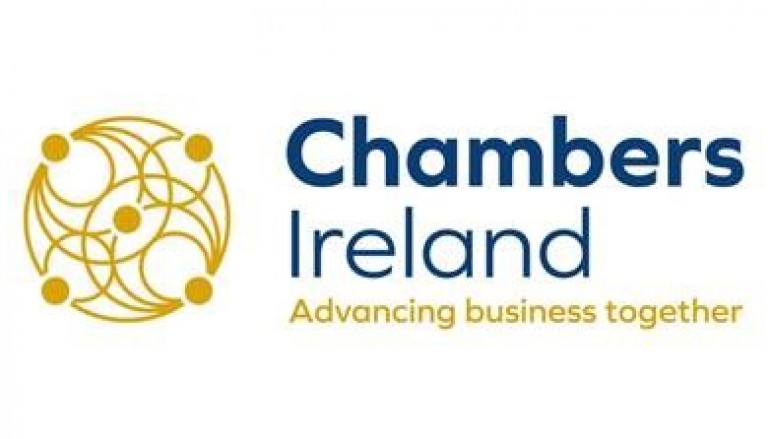

Half measures not enough – Chambers Ireland calls for significant expansion of supports to support business through COVID-19 catastrophe
Following today’s (22 May 2020) launch of the Restart Fund, Chambers Ireland calls on Government to urgently commit to increased funding and a more expansive approach, so that businesses of all sectors affected can receive support.
Speaking today, Chambers Ireland Chief Executive Ian Talbot emphasised the need for Government to engage more deeply with the reality of the economic challenges facing the business community and local economies across the country.
“The scale and scope of supports for business needs to be radically expanded. Today’s launch of the Restart Fund is welcome, and we are encouraging our members to make full use of the initiative. However, we need Government to accept the scale of the economic catastrophe which is upon us, and act accordingly.
As noted in today’s report from Goodbody, compared to our EU counterparts, Ireland has done nowhere near enough to support our local economies. Half measures, which do not engage sufficiently with the needs of the business community, are inadequate in the current circumstances.
Many sectors of the economy have been effectively excluded from the government supports introduced to date: for example, the self-employed are not eligible for the Wage Subsidy Scheme and Government has ceased the Business Continuity Grant within the past week.
We appreciate and value the Government response so far, in areas such as the TWSS and Pandemic Unemployment Scheme. However, as we now move from lockdown to reopening, the scale of the response that is needed to tackle this crisis should not be underestimated. Failure to take further appropriate action in support of business could leave us in a worse economic environment that will undo the achievements of the measures which have been introduced to date.
Immediately, liquidity is the most pressing concern. Indeed, it is grant aid, not debt-based solutions, that will be required. The Restart Grant, while a step in the right direction, needs to be significantly expanded, so that it can do more to support business. Without these reforms, businesses will not be able to reopen and their former workers will continue to need direct government support.
The EU Commission’s guidance for Ireland is clear – we need to “take all necessary measures to effectively address the pandemic, sustain the economy and support the ensuing recovery”. We must follow this advice. Economic shocks of this scale require more than marginal adjustments. Tinkering at the margins wastes time and cost our country opportunity and jobs.
In the medium to long term, much more will need to be done to support various sectors, but today we should focus on our members’ immediate concerns about liquidity. The time for action is now, every day’s delay hurts our country more.”
Chambers Ireland calls for the Government to:
- Reopen and re-fund schemes like the Business Continuity Fund
- Give certainty on commercial rates, supplementing Local Authority budgets accordingly
- Expand the restart grants so that more businesses can access them
- Publish the proposed legislation that will establish the €2 billion Pandemic Stabilisation and Recovery Fund
- Publish a timeline on how long the TWSS will continue, for which sectors, and to what degree
- Give extra funding to Local Authorities so that they can facilitate the changes to our town centres that will allow businesses to adapt.
Gerry Luskin, President of Ballina Chamber added;
“Given that the last national survey conducted by Chambers Ireland across the network at the end of April illustrated that the west coast is suffering disproportionately, seemingly as a result of the dependence on the tourism industry and while Local Authorities in all areas will likely see significantly reduced income arising from Commercial Rates in the coming year, the regional effects suggest that there will be a disproportionate impact on the most affected areas, we need continued support from Government now more than ever, especially in the west and those counties based along the Atlantic Economic Corridor of Ireland.”








